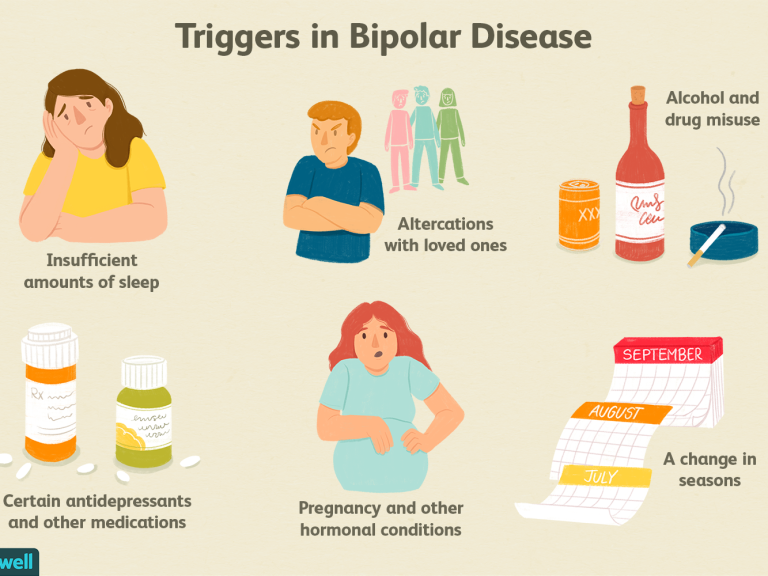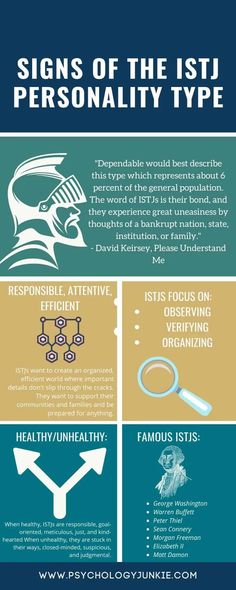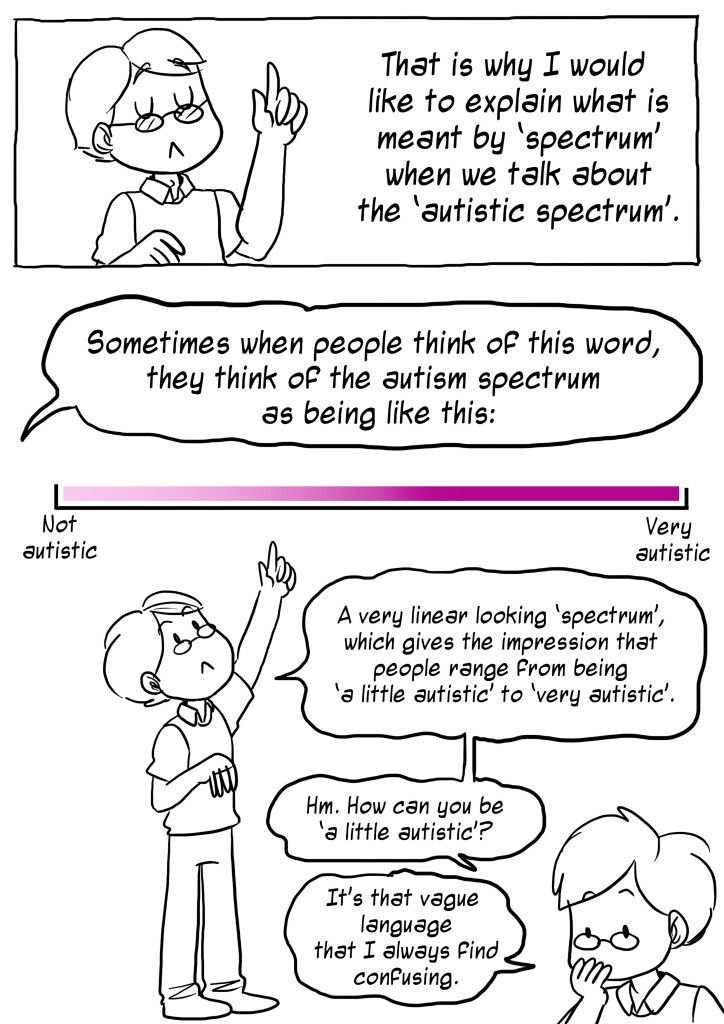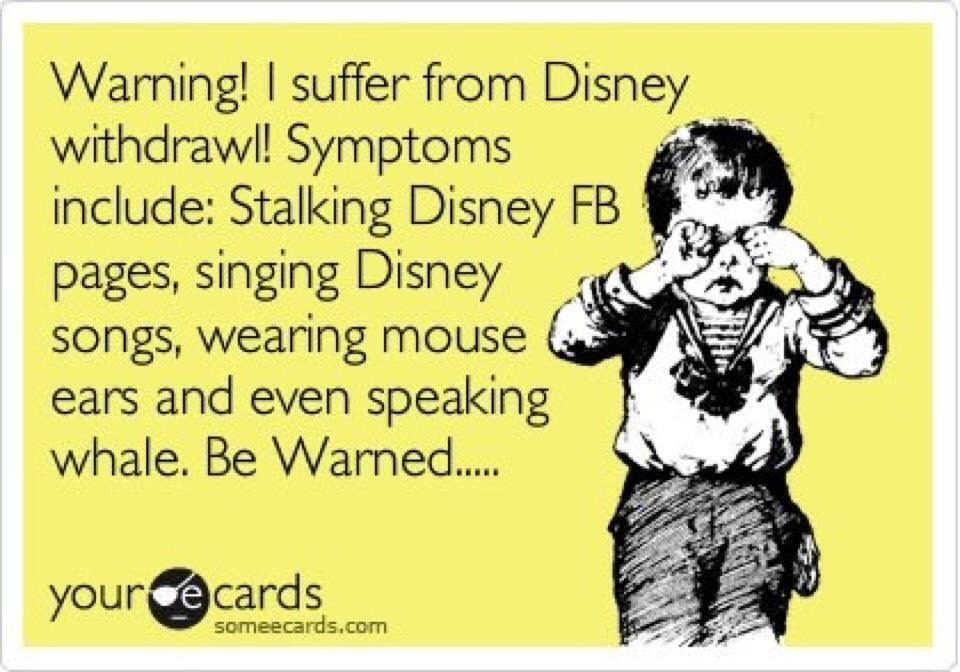Can you cure bipolar disorder naturally
Natural remedies for bipolar disorder: Lifestyle and other remedies
Bipolar disorder involves extreme shifts in mood, energy, and levels of activity. Medications can help people manage symptoms, but these can have adverse effects. A number of natural remedies may also help.
The National Alliance on Mental Illness (NAMI) estimate that around 2.6 percent of people in the United States have bipolar disorder, and nearly 83 percent of cases are severe. On average, it starts when a person is 25 years old.
A person with bipolar disorder experiences times of severe depression and times of mania, or “high” mood. The risks during a low mood include an inability to function at work and in other areas of life.
During mania, the person may be at risk of making reckless decisions. If the mood becomes too high or low, psychosis can develop.
There is no cure for bipolar disorder, but treatment enables people to manage it. Some lifestyle adaptations can also help, alongside the medication.
Counseling, cognitive behavioral therapy (CBT), and a range of lifestyle changes can help people with bipolar disorder to manage their symptoms and improve their overall quality of life.
Sleep
Bipolar disorder can disrupt a person’s sleep. During a manic phase, an individual may sleep very little, but during a low phase, they may sleep for a long time.
Missing sleep can trigger a mood change, and getting enough sleep is essential to managing mood.
Good sleep hygiene can encourage people with the condition to have regular sleep.
Tips include:
- going to bed and getting up at regular hours
- making sure the room is comfortable
- avoiding screen time and potentially stressful situations before bed
- not eating a large meal too soon to sleeping
- avoiding or limiting alcohol intake
People with bipolar disorder who have difficulty sleeping should speak to their physician.
Diet
A healthful diet is an important lifestyle habit for a person with bipolar disorder.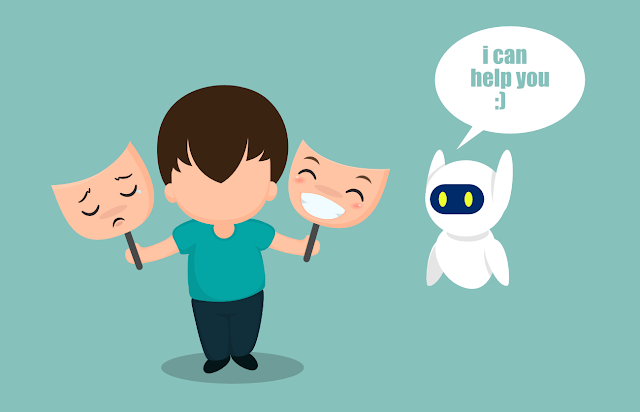
A 2011 study found that up to 68 percent of people seeking treatment for bipolar disorder have excess weight or obesity. People with bipolar disorder also had a higher risk of various other conditions, including diabetes, low bone density, and cardiovascular disease.
A healthful diet can help to reduce the risk of these conditions.
In 2013, another study found that people with bipolar disorder are more likely to engage in binge eating than the general population.
This may be a side effect of medication or due to overeating during episodes of depression.
Being overweight can complicate recovery and increase the risk of diabetes, high blood pressure, and anxiety.
Doctors do not know what causes bipolar disorder, but it may be due to an imbalance of chemicals in the brain. These chemicals, also called neurotransmitters, are noradrenaline, dopamine, and serotonin.
Serotonin can also affect appetite. It may be that when serotonin levels are low, people experience cravings for carbohydrates and sweet foods.
Tips for maintaining a healthful diet include:
- keeping to regular eating times
- ensuring that the diet is varied, well-balanced, and has plenty of fresh fruits and vegetables
- making a meal plan for the week, preparing a list before going to the grocery store, and sticking to it
Learning and practicing new recipes during times of positive mood may help a person to establish these habits.
Exercise
Moderate and regular exercise can help to balance mood and prevent a number of health problems, such as obesity and cardiovascular disease.
There is a lack of evidence to show that physical activity can specifically help people with bipolar disorder, but some research suggests it may help to improve mood during a low phase.
A 2015 review of studies suggested that exercise “may be a viable and effective strategy to deal with the depressive phase of bipolar disorder.”
Another review, published in 2016, concluded that “generally, exercise was associated with improved health measures, including depressive symptoms, functioning, and quality of life. ”
”
More studies are needed to find out how much exercise an individual should have, how often, and how intense the activity should be, especially as bipolar disorder involves a number of physical and psychological factors.
Practicing moderation
People with bipolar disorder have a higher risk of engaging in addictive behaviors.
One study found that 56 percent of people with the condition had at some time experienced addiction involving either alcohol or drugs.
Certain circuits in the brain play a role in pursuing rewarding experiences. One study has suggested that people with bipolar disorder have stronger activation in these circuits.
This may be what drives the person towards risky behavior.
The positive side of this, say the authors of the study, is that it encourages people to work with energy toward their goals and ambitions.
On the other hand, it may mean that an individual focuses fully on the short-term rewards of a decision while disregarding the possible long-term risks.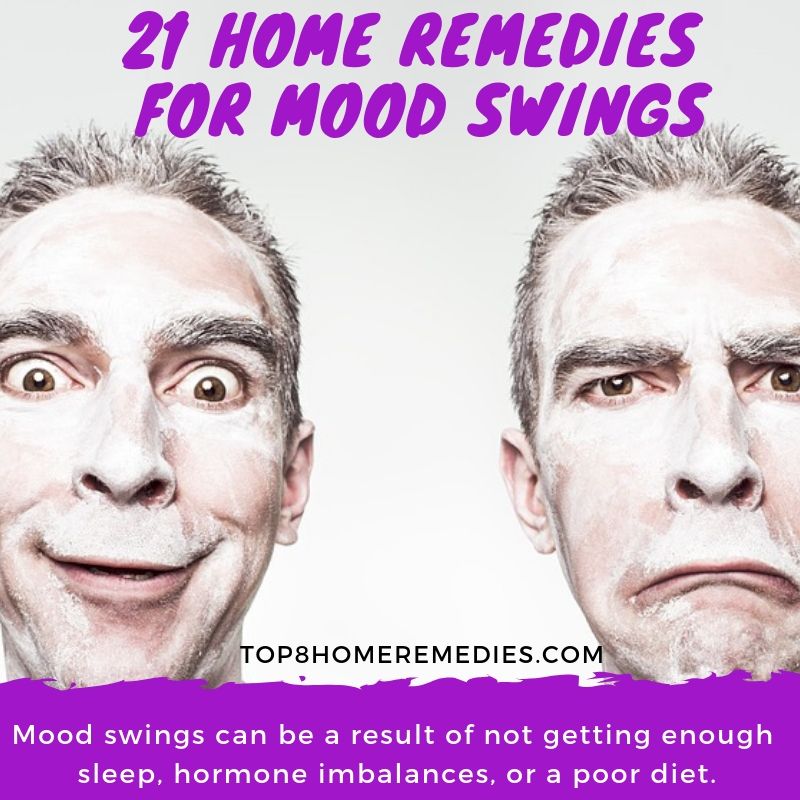
Tips for avoiding these problems include:
- becoming more aware of any tendency to engage in risky — for example, addictive — behaviors
- seeking help if there is already a problem
- asking friends and loved ones to support any decisions to avoid destructive or addictive behaviors
Friends who are aware of the risks might, for example, suggest going to see a movie instead of a bar on a night out.
Managing a manic episode
It is not always possible to prevent a manic episode, but as the condition progresses, the individual and their friends and family may start to notice the signs of a mood change.
Here are some tips when this happens:
- See a doctor, if it is the first time, if you have discontinued treatment, or if treatment is not working.
- Follow the treatment plan and keep all medical appointments, as medications may need adjusting.
- Try to keep to a regular sleeping pattern and avoid unnecessary stress when possible.

- Eat a healthful diet and get enough exercise.
- Avoid alcohol and other substances.
- Keep track of your moods and feelings.
If you have people around you, try to share with them what is happening so that they can support you.
Other remedies that do not involve the use of traditional drugs include supplements and counseling.
Herbs and supplements
Some people with bipolar disorder use herbs or supplements in an attempt to relieve their symptoms.
Omega-3
The fish oil extract omega-3 may help, according to some studies. Scientists have found that bipolar disorder is less common in countries where people consume a lot of fish. People with depression may also have lower levels of omega-3 in their blood.
Omega-3 fatty acids may have numerous health benefits, but it is best to eat them in their natural form. Cold-water fish, nuts, and plant oils are good sources.
Magnesium
Some scientists think magnesium has a role regulating mood and both manic and depressive episodes and work with the medications to make them work effectively.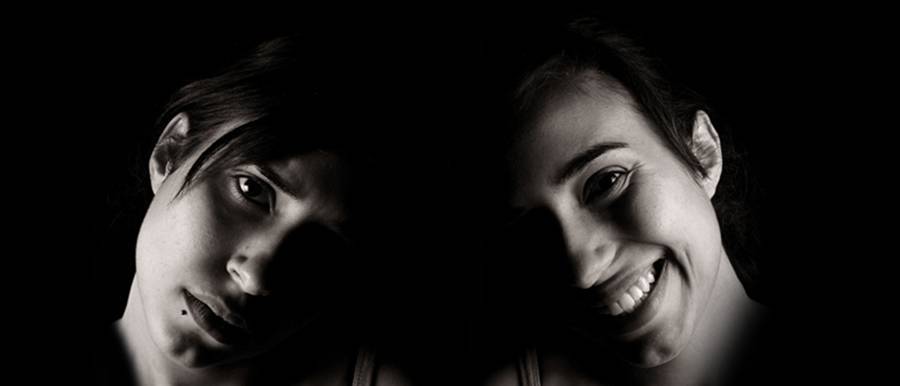
As a result, some doctors may recommend magnesium supplements. Discuss magnesium supplements with your doctor. Taking a multivitamin will include the daily recommended dosage of magnesium.
Vitamins
Some people suggest that vitamins may help, specifically vitamin C and folic acid.
Researchers have found weak evidence that vitamin C may help, but none to support the use of folic acid specifically for bipolar disorder.
There is evidence that folic acid supports cognitive health, but it is not clear whether this or other vitamins can help with bipolar disorder.
Overall, it is not clear that dietary supplements can help people with bipolar disorder. More studies are needed to confirm the benefits of any supplement.
Nutrients in the diet
However, a diet that provides a variety of nutrients through fresh foods can help protect a person from a range of health problems. Green leafy vegetables are high in folic acid, and citrus fruits are a great source of vitamin C.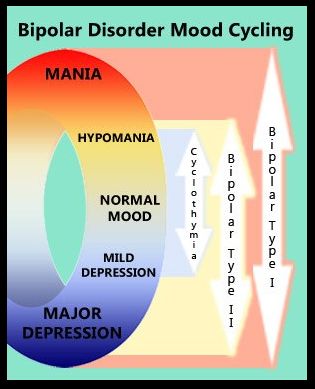
Anyone with bipolar disorder who decides to use complementary medicine should continue with their prescribed medication therapy sessions, and they should consult their physician before using supplements or an alternative therapy.
Choose “natural” products with care
People sometimes use St. John’s wort to treat depressive symptoms, but they may increase the risk of mania and interfere with antidepressants.
People with bipolar disorder should not use St. John’s wort.
Always speak to a doctor before trying any natural or alternative therapy. Some can interact with other drugs, and they may have adverse effects.
The FDA does not officially regulate supplements and herbal products, so people may not know exactly what they are buying.
Counseling and CBT
Counseling, for example, cognitive behavioral therapy (CBT) appears to be helpful in managing the symptoms of bipolar disorder.
A meta-analysis published in 2017 concluded that “CBT is effective in decreasing the relapse rate and improving depressive symptoms, mania severity, and psychosocial functioning.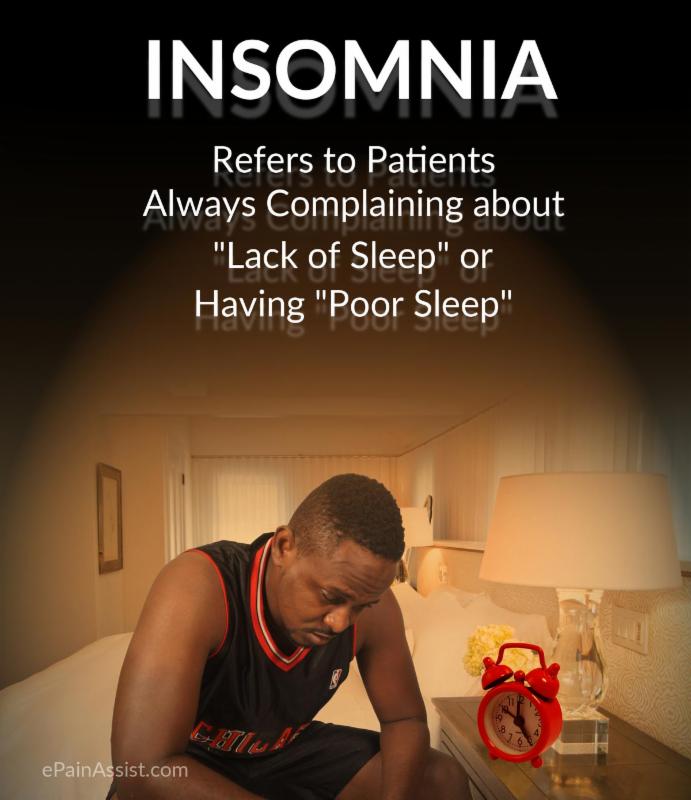 ”
”
The studies reviewed showed that the effects of CBT were “mild to moderate,” and the improvements were most significant if a person attended sessions of 90 minutes or longer.
CBT can help people to identify negative and destructive habits and behaviors, and to change them to more positive ones.
A psychiatrist who specializes in bipolar disorder will normally guide a person’s treatment.
Sometimes there may be a wider team of professionals, including a social worker and a counselor.
Medications
A doctor may prescribe mood-stabilizing medications during a manic episode.
These include:
- lithium
- valproic acid
- carbamazepine
- lamotrigine
Regular monitoring may be necessary, as the dose sometimes needs adjusting.
If a person experiences psychosis, they may also need an antipsychotic drug, such as:
- olanzapine
- risperidone
- quetiapine
- aripiprazole
- ziprasidone
- lurasidone
- asenapine
Doctors do not usually prescribe antidepressants alone for a person with bipolar disorder, even during a low mood, because they can trigger a manic episode.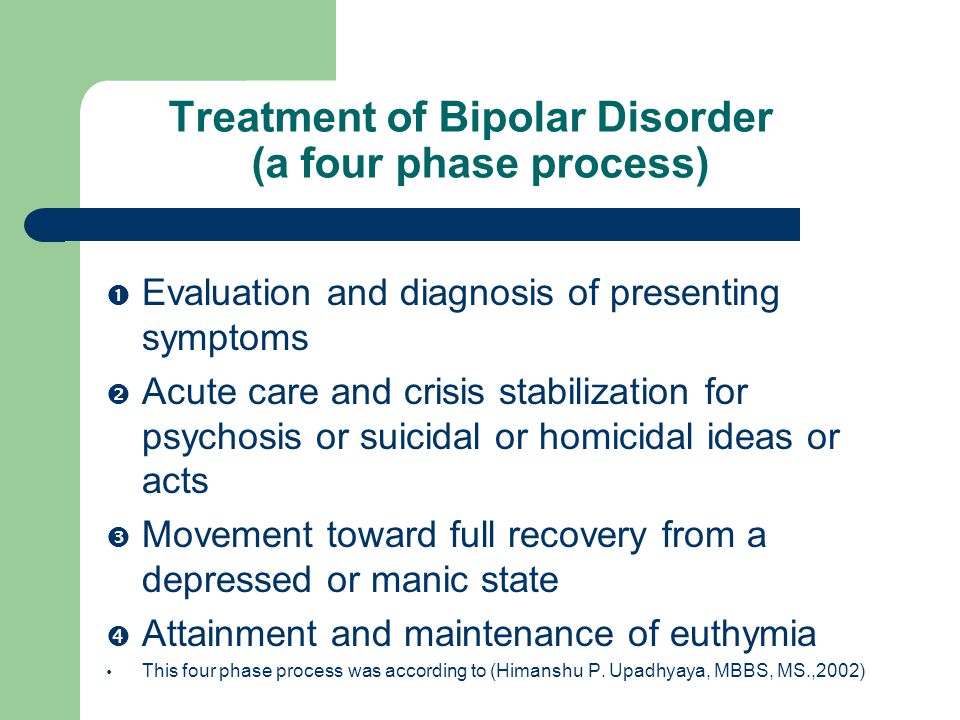
For this reason, the person will normally use an antidepressant with a mood stabilizer or antipsychotic.
A doctor may recommend hospitalization if a patient is experiencing psychosis or if their symptoms may pose a danger to themselves or other people.
Bipolar disorder requires lifelong treatment, even when patients with the disorder are feeling better.
However, some lifestyle considerations can help to make the condition more manageable.
Natural remedies for bipolar disorder: Lifestyle and other remedies
Bipolar disorder involves extreme shifts in mood, energy, and levels of activity. Medications can help people manage symptoms, but these can have adverse effects. A number of natural remedies may also help.
The National Alliance on Mental Illness (NAMI) estimate that around 2.6 percent of people in the United States have bipolar disorder, and nearly 83 percent of cases are severe. On average, it starts when a person is 25 years old.
A person with bipolar disorder experiences times of severe depression and times of mania, or “high” mood.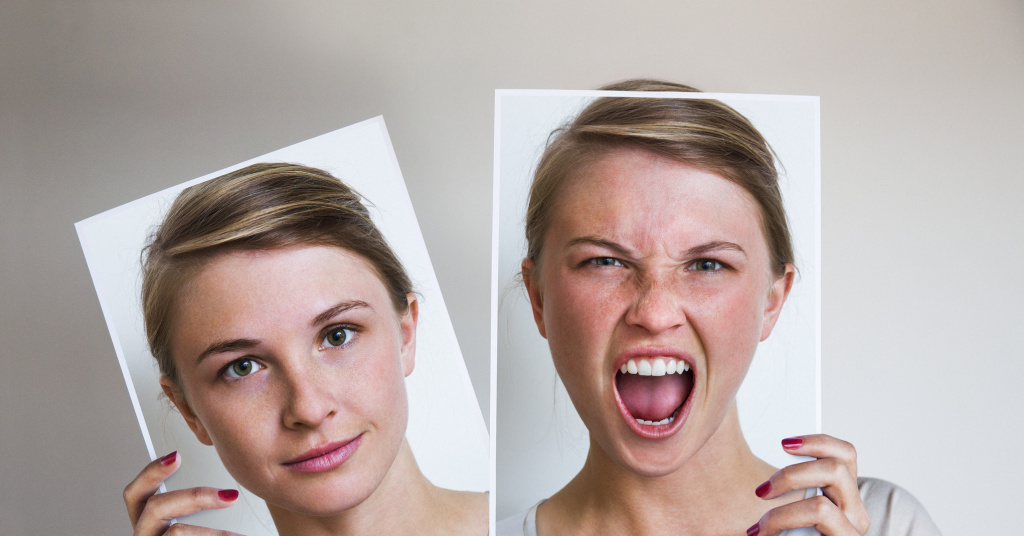 The risks during a low mood include an inability to function at work and in other areas of life.
The risks during a low mood include an inability to function at work and in other areas of life.
During mania, the person may be at risk of making reckless decisions. If the mood becomes too high or low, psychosis can develop.
There is no cure for bipolar disorder, but treatment enables people to manage it. Some lifestyle adaptations can also help, alongside the medication.
Counseling, cognitive behavioral therapy (CBT), and a range of lifestyle changes can help people with bipolar disorder to manage their symptoms and improve their overall quality of life.
Sleep
Bipolar disorder can disrupt a person’s sleep. During a manic phase, an individual may sleep very little, but during a low phase, they may sleep for a long time.
Missing sleep can trigger a mood change, and getting enough sleep is essential to managing mood.
Good sleep hygiene can encourage people with the condition to have regular sleep.
Tips include:
- going to bed and getting up at regular hours
- making sure the room is comfortable
- avoiding screen time and potentially stressful situations before bed
- not eating a large meal too soon to sleeping
- avoiding or limiting alcohol intake
People with bipolar disorder who have difficulty sleeping should speak to their physician.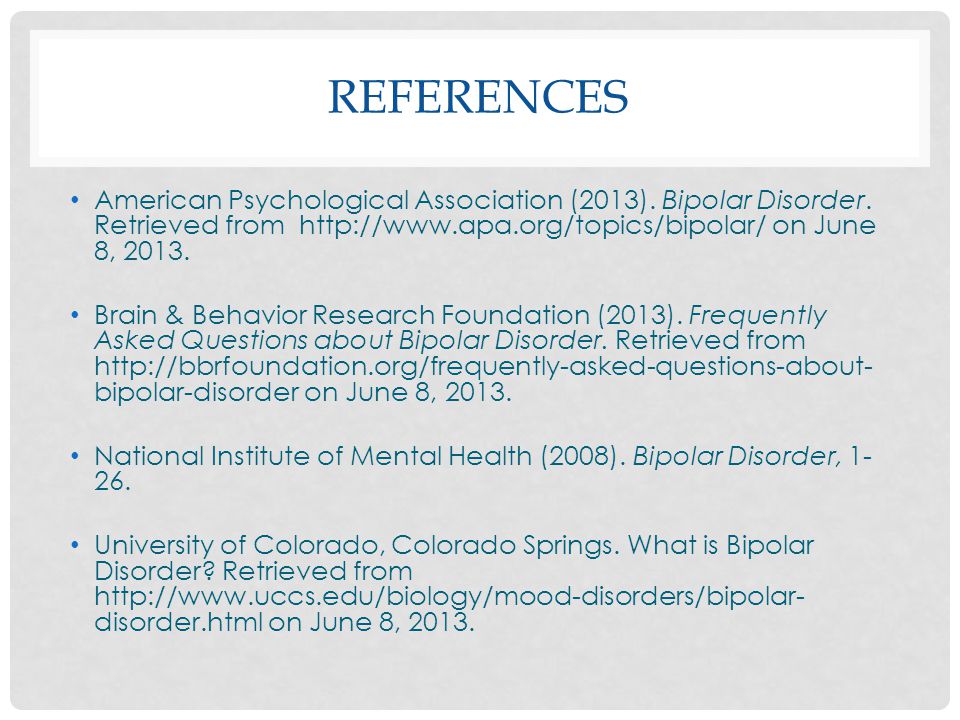
Diet
A healthful diet is an important lifestyle habit for a person with bipolar disorder.
A 2011 study found that up to 68 percent of people seeking treatment for bipolar disorder have excess weight or obesity. People with bipolar disorder also had a higher risk of various other conditions, including diabetes, low bone density, and cardiovascular disease.
A healthful diet can help to reduce the risk of these conditions.
In 2013, another study found that people with bipolar disorder are more likely to engage in binge eating than the general population.
This may be a side effect of medication or due to overeating during episodes of depression.
Being overweight can complicate recovery and increase the risk of diabetes, high blood pressure, and anxiety.
Doctors do not know what causes bipolar disorder, but it may be due to an imbalance of chemicals in the brain. These chemicals, also called neurotransmitters, are noradrenaline, dopamine, and serotonin.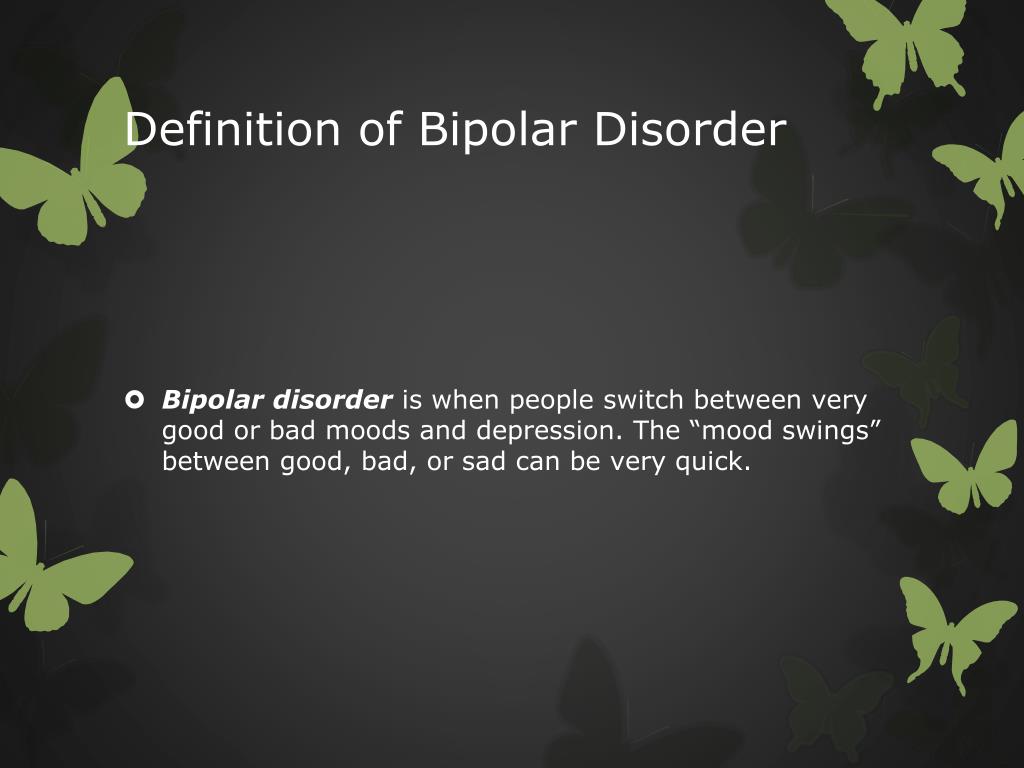
Serotonin can also affect appetite. It may be that when serotonin levels are low, people experience cravings for carbohydrates and sweet foods.
Tips for maintaining a healthful diet include:
- keeping to regular eating times
- ensuring that the diet is varied, well-balanced, and has plenty of fresh fruits and vegetables
- making a meal plan for the week, preparing a list before going to the grocery store, and sticking to it
Learning and practicing new recipes during times of positive mood may help a person to establish these habits.
Exercise
Moderate and regular exercise can help to balance mood and prevent a number of health problems, such as obesity and cardiovascular disease.
There is a lack of evidence to show that physical activity can specifically help people with bipolar disorder, but some research suggests it may help to improve mood during a low phase.
A 2015 review of studies suggested that exercise “may be a viable and effective strategy to deal with the depressive phase of bipolar disorder.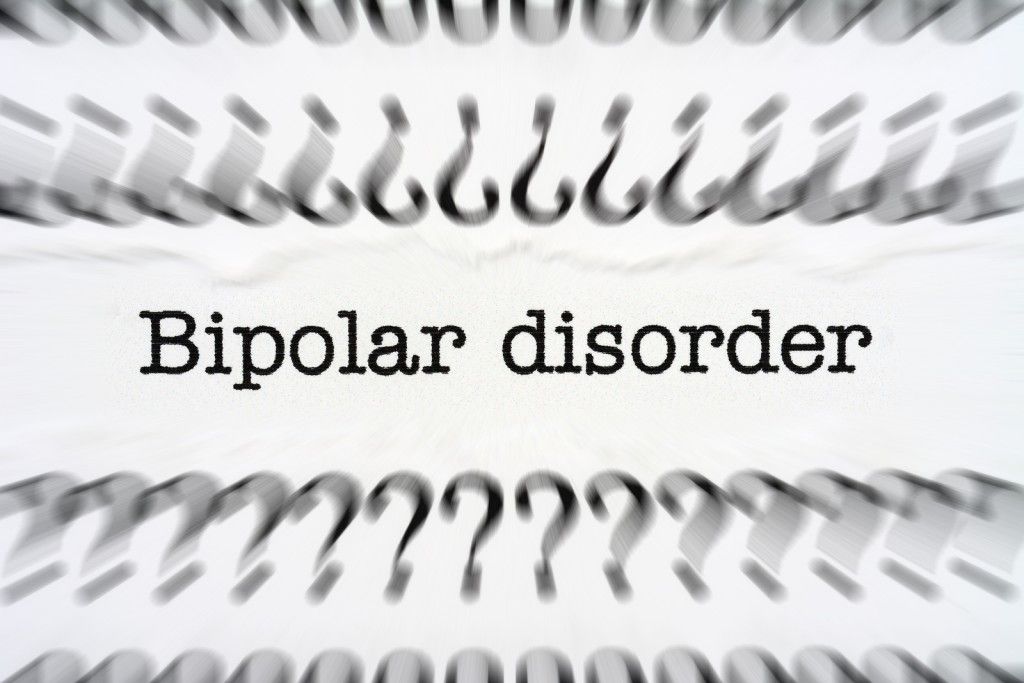 ”
”
Another review, published in 2016, concluded that “generally, exercise was associated with improved health measures, including depressive symptoms, functioning, and quality of life.”
More studies are needed to find out how much exercise an individual should have, how often, and how intense the activity should be, especially as bipolar disorder involves a number of physical and psychological factors.
Practicing moderation
People with bipolar disorder have a higher risk of engaging in addictive behaviors.
One study found that 56 percent of people with the condition had at some time experienced addiction involving either alcohol or drugs.
Certain circuits in the brain play a role in pursuing rewarding experiences. One study has suggested that people with bipolar disorder have stronger activation in these circuits.
This may be what drives the person towards risky behavior.
The positive side of this, say the authors of the study, is that it encourages people to work with energy toward their goals and ambitions.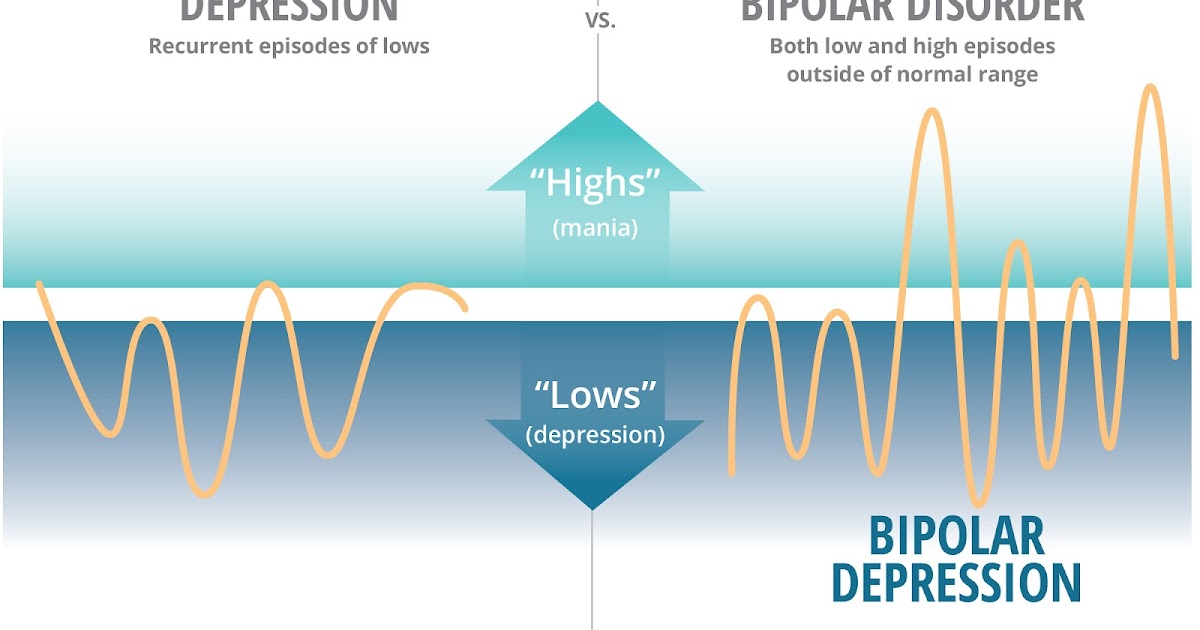
On the other hand, it may mean that an individual focuses fully on the short-term rewards of a decision while disregarding the possible long-term risks.
Tips for avoiding these problems include:
- becoming more aware of any tendency to engage in risky — for example, addictive — behaviors
- seeking help if there is already a problem
- asking friends and loved ones to support any decisions to avoid destructive or addictive behaviors
Friends who are aware of the risks might, for example, suggest going to see a movie instead of a bar on a night out.
Managing a manic episode
It is not always possible to prevent a manic episode, but as the condition progresses, the individual and their friends and family may start to notice the signs of a mood change.
Here are some tips when this happens:
- See a doctor, if it is the first time, if you have discontinued treatment, or if treatment is not working.
- Follow the treatment plan and keep all medical appointments, as medications may need adjusting.

- Try to keep to a regular sleeping pattern and avoid unnecessary stress when possible.
- Eat a healthful diet and get enough exercise.
- Avoid alcohol and other substances.
- Keep track of your moods and feelings.
If you have people around you, try to share with them what is happening so that they can support you.
Other remedies that do not involve the use of traditional drugs include supplements and counseling.
Herbs and supplements
Some people with bipolar disorder use herbs or supplements in an attempt to relieve their symptoms.
Omega-3
The fish oil extract omega-3 may help, according to some studies. Scientists have found that bipolar disorder is less common in countries where people consume a lot of fish. People with depression may also have lower levels of omega-3 in their blood.
Omega-3 fatty acids may have numerous health benefits, but it is best to eat them in their natural form. Cold-water fish, nuts, and plant oils are good sources.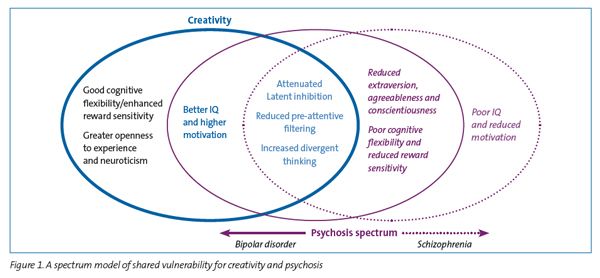
Magnesium
Some scientists think magnesium has a role regulating mood and both manic and depressive episodes and work with the medications to make them work effectively.
As a result, some doctors may recommend magnesium supplements. Discuss magnesium supplements with your doctor. Taking a multivitamin will include the daily recommended dosage of magnesium.
Vitamins
Some people suggest that vitamins may help, specifically vitamin C and folic acid.
Researchers have found weak evidence that vitamin C may help, but none to support the use of folic acid specifically for bipolar disorder.
There is evidence that folic acid supports cognitive health, but it is not clear whether this or other vitamins can help with bipolar disorder.
Overall, it is not clear that dietary supplements can help people with bipolar disorder. More studies are needed to confirm the benefits of any supplement.
Nutrients in the diet
However, a diet that provides a variety of nutrients through fresh foods can help protect a person from a range of health problems.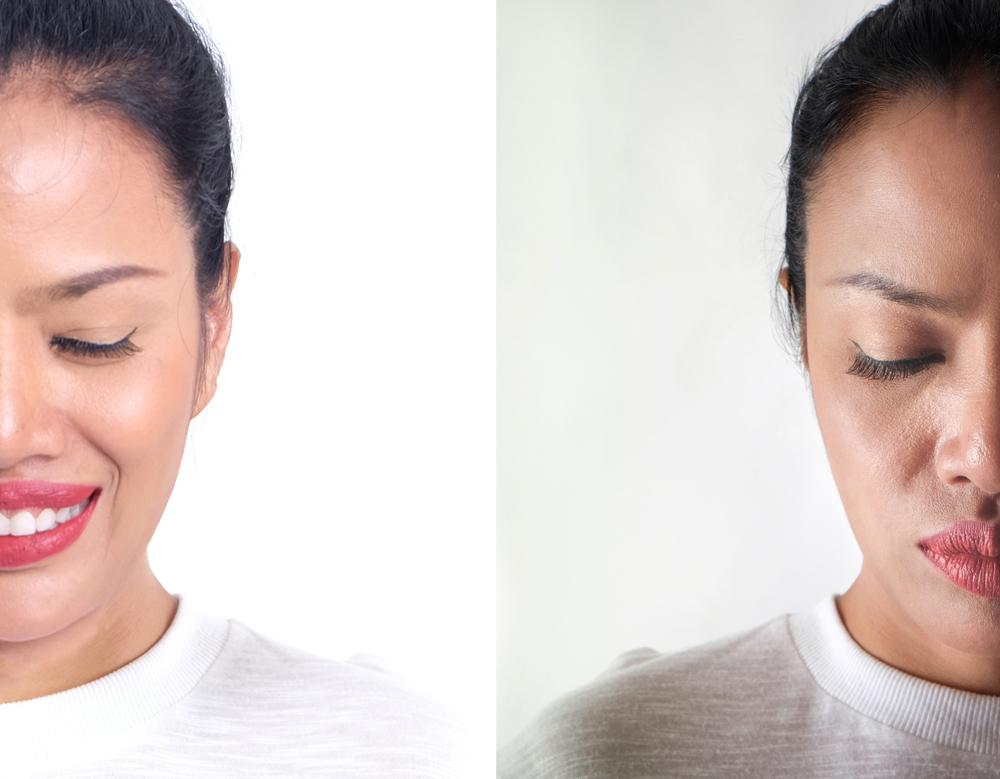 Green leafy vegetables are high in folic acid, and citrus fruits are a great source of vitamin C.
Green leafy vegetables are high in folic acid, and citrus fruits are a great source of vitamin C.
Anyone with bipolar disorder who decides to use complementary medicine should continue with their prescribed medication therapy sessions, and they should consult their physician before using supplements or an alternative therapy.
Choose “natural” products with care
People sometimes use St. John’s wort to treat depressive symptoms, but they may increase the risk of mania and interfere with antidepressants.
People with bipolar disorder should not use St. John’s wort.
Always speak to a doctor before trying any natural or alternative therapy. Some can interact with other drugs, and they may have adverse effects.
The FDA does not officially regulate supplements and herbal products, so people may not know exactly what they are buying.
Counseling and CBT
Counseling, for example, cognitive behavioral therapy (CBT) appears to be helpful in managing the symptoms of bipolar disorder.
A meta-analysis published in 2017 concluded that “CBT is effective in decreasing the relapse rate and improving depressive symptoms, mania severity, and psychosocial functioning.”
The studies reviewed showed that the effects of CBT were “mild to moderate,” and the improvements were most significant if a person attended sessions of 90 minutes or longer.
CBT can help people to identify negative and destructive habits and behaviors, and to change them to more positive ones.
A psychiatrist who specializes in bipolar disorder will normally guide a person’s treatment.
Sometimes there may be a wider team of professionals, including a social worker and a counselor.
Medications
A doctor may prescribe mood-stabilizing medications during a manic episode.
These include:
- lithium
- valproic acid
- carbamazepine
- lamotrigine
Regular monitoring may be necessary, as the dose sometimes needs adjusting.
If a person experiences psychosis, they may also need an antipsychotic drug, such as:
- olanzapine
- risperidone
- quetiapine
- aripiprazole
- ziprasidone
- lurasidone
- asenapine
Doctors do not usually prescribe antidepressants alone for a person with bipolar disorder, even during a low mood, because they can trigger a manic episode.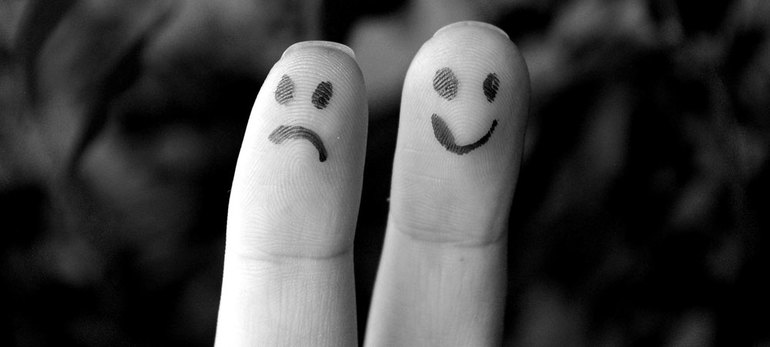
For this reason, the person will normally use an antidepressant with a mood stabilizer or antipsychotic.
A doctor may recommend hospitalization if a patient is experiencing psychosis or if their symptoms may pose a danger to themselves or other people.
Bipolar disorder requires lifelong treatment, even when patients with the disorder are feeling better.
However, some lifestyle considerations can help to make the condition more manageable.
Treatment of bipolar affective disorder in St. Petersburg
- Main
- Psychotherapy
- Treatment of bipolar disorder
Usually the symptoms of bipolar disorder are attributed to personality traits or mood swings, which are logically explained.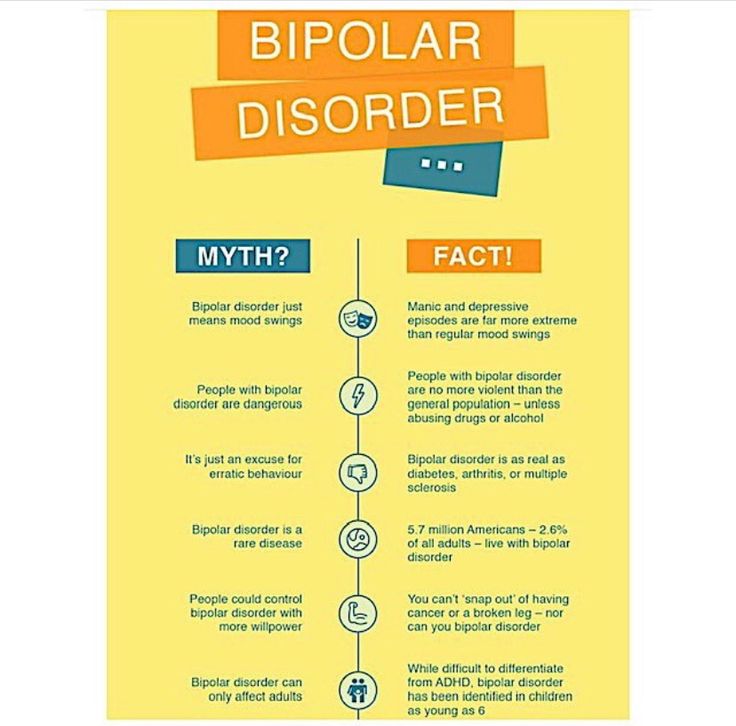 And, as a rule, even close relatives may not suspect that a person suffers from one of the most common mental disorders.
And, as a rule, even close relatives may not suspect that a person suffers from one of the most common mental disorders.
Bipolar affective disorder is difficult to diagnose at an early stage of the disease. Therefore, we recommend that the patient himself or his relatives begin to keep a diary, recording daily the features of the psycho-emotional state and key events that affect the occurrence of depressive and / or manic episodes. Such a diary will help the doctor determine the type of disease and prescribe the necessary treatment for bipolar disorder, and in the future to monitor the dynamics of the state of health.
Bipolar affective disorder is treated as an outpatient or inpatient clinic. At the peak of a depressive episode, when there is a risk of suicide, as well as to reduce the timing of the selection of pharmacotherapy, treatment of bipolar disorder should be carried out in a hospital. Bipolar personality disorder, left untreated, can progress and cause a deterioration in quality of life. Over a long distance, the disease inevitably leads to family conflicts, alcoholism or drug addiction, social degradation and, ultimately, suicide.
Over a long distance, the disease inevitably leads to family conflicts, alcoholism or drug addiction, social degradation and, ultimately, suicide.
With the right treatment for bipolar disorder, you can stabilize your psycho-emotional state and eventually achieve remission. Usually, it takes 15 to 20 days of hospital treatment to stabilize the psycho-emotional state. Achieving remission is possible subject to compliance with the prescribed drugs, with periodic outpatient visits to the attending physician to correct therapy.
Bipolar disorder consultation:
+7 (812) 407-18-00
Thank you for your trust!
- Post-discharge management
- Psychotherapy for couples and families
- Psychosocial personality correction
| Service | Price | |
|---|---|---|
| Outpatient treatment | ||
| Psychiatric consultation | 5 000 ₽ | |
| Psychotherapist appointment | 5 000 ₽ | |
Reception of the chief physician Bocharov A.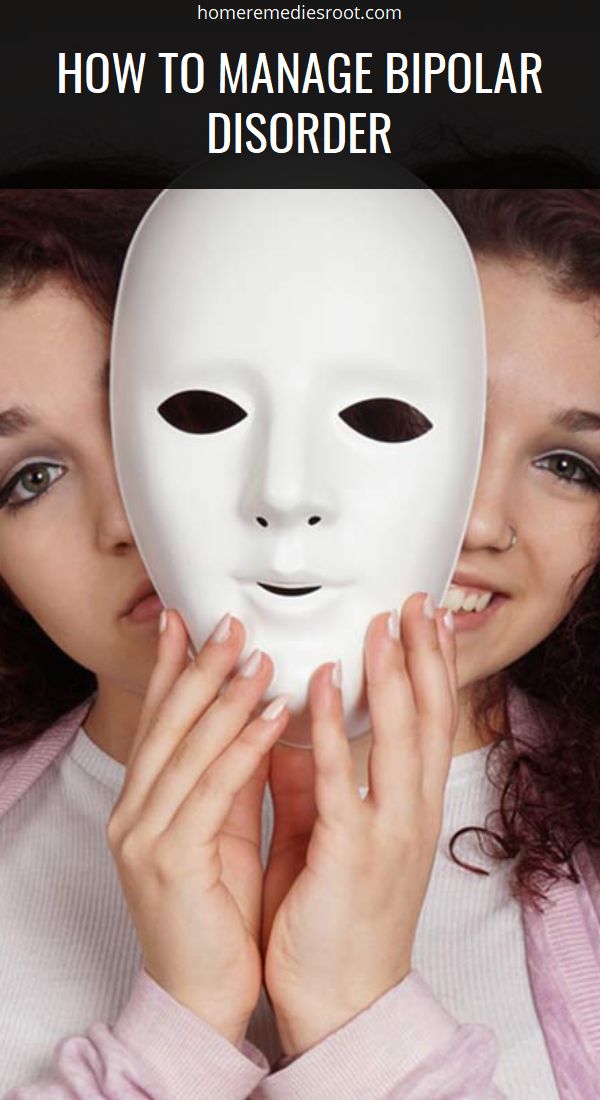 V. (Associate Professor, PhD) V. (Associate Professor, PhD) | 6 000 ₽ | |
| Psychiatric consultation at home | 6 000 ₽ | |
| Treatment in a hospital | ||
| Delivery to hospital | Is free | |
| Standard Chamber | 8 900 ₽ | |
| 3-bed superior room | 12 000 ₽ | |
| 2-bed superior room | 15 000 ₽ | |
| 1 local VIP room | 19 500 ₽ | |
| Doctor's appointment 2 weeks after discharge | Is free | |
Causes of bipolar disorder
The main causes of bipolar affective disorder include genetic predisposition, disturbances in the metabolism of neurotransmitters and changes in nerve cells, and severe stress. In other words, the disease can occur in any person, regardless of age, gender and social status.
In other words, the disease can occur in any person, regardless of age, gender and social status.
Genetic causes
Genetic causes of bipolar disorder are a risk factor for the development of the disease. It should be emphasized that the disease itself is not inherited. However, inherited features of the regulation of neurotransmitters in the brain increase the risk of developing bipolar disorder in close relatives (for example, siblings) by 4–7 times.
Metabolic disorders in the brain
Another cause of bipolar disorder may be a metabolic disorder in the brain. An abnormal increase and decrease in the concentration of biologically active chemical compounds (mainly dopamine, serotonin and norepinephrine), which transmit nerve signals, is the cause of the manic and depressive phases.
Severe stress and the “biological defect” model
The psyche of each person has an individual threshold for resistance to stress. And the word "stress" does not necessarily mean difficult life situations - be it a dismissal, financial problems, family conflicts, divorce, or the death of a loved one. Stress factors can be an upcoming birthday, puberty, marriage or the birth of a child.
Stress factors can be an upcoming birthday, puberty, marriage or the birth of a child.
Fig. Zubin and Spring's stress-vulnerability model.
a) Low vulnerability, BD can only develop under severe stress.
b) High vulnerability, BAD develops even under low intensity stress.
c) Individual vulnerability, corresponds to the intensity of stress.
Symptoms of bipolar disorder
Treatment of bipolar disorder in our clinic
Typically treatment of bipolar disorder is carried out in the hospital of the clinic. The conditions of the hospital allow to reduce the duration of treatment - to conduct an examination, quickly normalize the patient's psycho-emotional state, select drugs and their minimum effective dosage, conduct dynamic monitoring and adjust pharmacotherapy.
Examination
On the day of hospitalization, the patient undergoes an examination, which includes:
- psychodiagnostics;
- consultation of a therapist;
- consultation with a neurologist;
- laboratory tests;
- EEG.
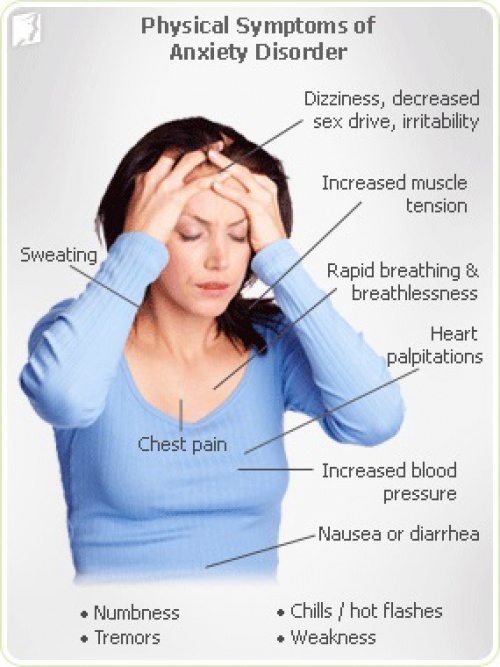
Lab tests include blood tests for hormonal status (generally, thyroid problems are found in people with bipolar disorder). Pathology of the thyroid gland directly affects mood swings, therefore, when treating bipolar disorder, it is important for a doctor to know the patient's hormonal background, for example: to prescribe drugs that normalize the thyroid gland, or to exclude lithium, which inhibits its work.
Drug treatment
Based on the results, the doctor will prescribe a treatment for bipolar disorder - select drugs that relieve autonomic symptoms and normalize the psycho-emotional state (normotimics, antidepressants). Usually, the first signs of improvement in mental health are observed on the fifth day after the start of drug treatment for bipolar disorder. However, the final correction of psychopharmacotherapy can take up to 10 days.
Psychotherapeutic help
After stabilization of the psycho-emotional state, the patient begins attending group psychotherapy sessions. Group sessions with psychotherapists and psychologists of our clinic are held daily. Under the guidance of experienced facilitators, the patient will have the opportunity to work through their experiences and fears, get rid of pathological patterns, and receive professional help from psychologists and psychotherapists with clinical experience.
Group sessions with psychotherapists and psychologists of our clinic are held daily. Under the guidance of experienced facilitators, the patient will have the opportunity to work through their experiences and fears, get rid of pathological patterns, and receive professional help from psychologists and psychotherapists with clinical experience.
Post-discharge management
Discharge is usually after remission, 14-21 days treatment for bipolar disorder . Then the patient continues to take the prescribed drugs and visit the attending physician once every 1-3 months for 1 year. Subject to the achievement of stable remission, after 1 year, in some cases, it is possible to completely abandon the drug treatment of bipolar disorder.
Treatment of bipolar disorder in St. Petersburg is carried out at: st. Marata, 78. We take on complex cases, including the treatment of adolescent patients and patients with drug resistance.
Treatment of bipolar comorbidities
Psychotherapeutic treatment of bipolar disorder
Psychotherapeutic treatment of bipolar affective disorder, as an adjunct to pharmacotherapy, allows a faster deep remission. Such treatment begins already in the hospital and can be continued after discharge. The number of sessions, their frequency and the form of psychotherapy (individual, family or hypnotherapy) you can choose together with the doctor.
Such treatment begins already in the hospital and can be continued after discharge. The number of sessions, their frequency and the form of psychotherapy (individual, family or hypnotherapy) you can choose together with the doctor.
In addition to individual psychotherapy sessions that correct the patient's personality, family consultations are possible. At family therapy sessions, relatives can better understand the nature of the disease and learn the right behavior that contributes to a speedy recovery. In addition, studies show that psychotherapeutic care reduces the number of hospitalizations for relapses.
Cognitive Behavioral Therapy
Cognitive Behavioral Therapy corrects abnormal behavior and thought patterns that occur in patients with bipolar affective disorder. In addition, during psychotherapy sessions, the patient will be able to learn to recognize relapses of the disease, cope with them on their own or seek help in time, preventing a full-blown episode.
Family Therapy
If bipolar disorder has caused a deterioration in relationships with those closest to you, we recommend that you seek the help of a family therapist. The doctor will help relatives understand the features of the disease, resolve interpersonal conflicts and restore harmony in the family.
Individual sessions of psychotherapy help overcome mood swings during the formation of stable remission. By learning to control the psycho-emotional state, as well as working through pathological patterns, it becomes easier for the patient to cope with exacerbations of the condition, which may occur for some time after undergoing treatment in the hospital.
The consequences of not getting help
To describe what bipolar disorder is in simple terms, it is necessary to understand the specifics of the condition in which people with this disease find themselves. Living with bipolar affective disorder is not easy. People learn to live with bipolar disorder over the years, experiencing rapid ups and downs in both career and family life.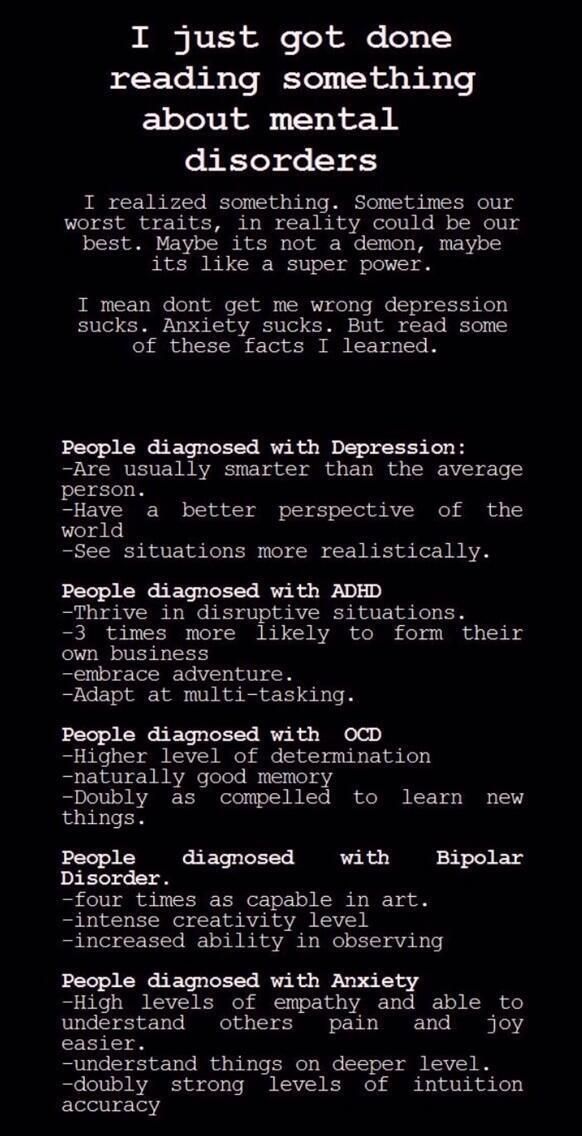 Imagine that you are walking on a zebra - now you are full of strength and enthusiasm, and the next minute you stop in a stupor and everything falls out of your hands: life loses its meaning, achievements no longer seem so significant, you want to escape from everyday life, hide from your eyes relatives, change their place of residence and work.
Imagine that you are walking on a zebra - now you are full of strength and enthusiasm, and the next minute you stop in a stupor and everything falls out of your hands: life loses its meaning, achievements no longer seem so significant, you want to escape from everyday life, hide from your eyes relatives, change their place of residence and work.
Add to this state of misunderstanding on the part of relatives and friends, who begin to consider you frivolous and incapable of finishing what you started to the end. At some point, you quarrel with relatives and, it would seem, nothing keeps you in this familiar and gray life. You can stay in this state for months, and then everything starts all over again. You are full of strength and enthusiasm - set yourself bold tasks, hardly sleep, call friends and want to hug strangers (just like that, because you are full of boundless love).
However, few "lucky people" with bipolar disorder manage to experience a depressive episode on their own from year to year.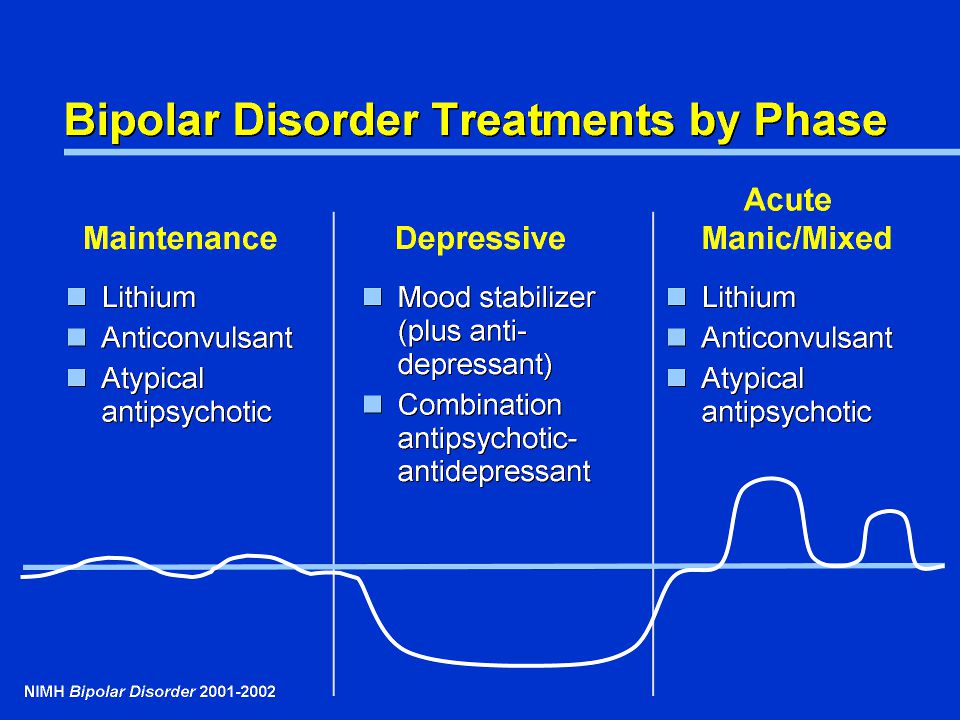 Moreover, the depressive state distorts reality no less than the euphoria of the manic stage. It can take years or decades to learn how to "live" with bipolar disorder. But many do not succeed in doing this - and the lives of these people cannot be envied. Unfortunately, some of them are socially degraded or commit suicide.
Moreover, the depressive state distorts reality no less than the euphoria of the manic stage. It can take years or decades to learn how to "live" with bipolar disorder. But many do not succeed in doing this - and the lives of these people cannot be envied. Unfortunately, some of them are socially degraded or commit suicide.
Bipolar disorder in women
If you do not seek help in time, bipolar disorder in women can lead to family conflicts, divorce, promiscuity, and the development of borderline mental disorders. To a lesser extent, women with bipolar disorder are prone to alcoholism and drug addiction, although this scenario cannot be completely excluded.
Bipolar disorder in men
The development of bipolar disorder in men causes deterioration of relationships at work (possibly dismissal), family quarrels, seeking relationships on the side, addiction to alcohol and / or gambling (gambling, Internet surfing). Ultimately, domestic violence is not ruled out against the backdrop of a depressive episode.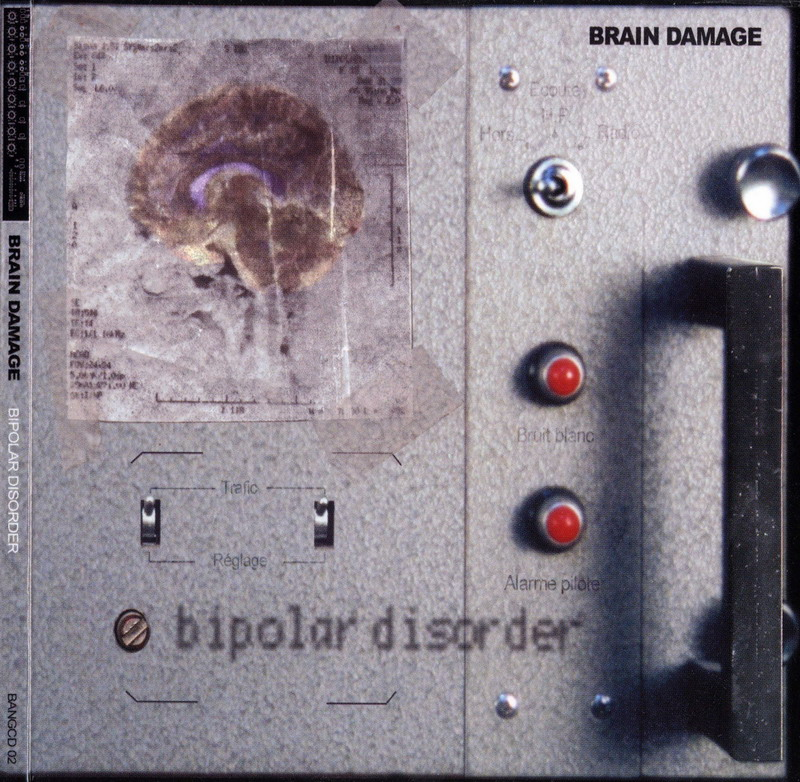
Remember, mental disorders, like somatic diseases, require treatment. When you find yourself in a difficult situation, when your loved one suffers from bipolar disorder, it is necessary to remain calm and show compassion. As a rule, patients themselves cannot adequately assess their condition, so it is often the relatives who need to take the first step to start treatment and sign up for a consultation with a psychiatrist.
Sources
Bipolar disorder, focus on depression — https://psychiatr.ru
Treatments for bipolar disorder - https://www.webmd.com
Social cognitive deficits in patients with bipolar disorder in remission - https://pubmed.ncbi.nlm.nih.gov
Psychiatric disorders - https:/ /www.who.int
Update date: 09/06/2022
- Bipolar disorder
- Panic attacks
Make an appointment
Date and time: (not set)
Make an appointment with a psychotherapist
Make an appointment with a psychotherapist
Select the date and time of your appointment
Today
November 09
Tomorrow
November 10
Friday
November 11
Saturday
November 12
Sunday
November 13
Monday
November 14
Tuesday
November 15
Wednesday
November 16
Thursday
November 17
Friday
November 18
Saturday
November 19
Sunday
November 20
Monday
November 21
Tuesday
November 22
Wednesday
November 23
Thursday
November 24
Friday
November 25
Saturday
November 26
Sunday
November 27
Monday
November 28
Tuesday
November 29
Wednesday
November 30
Treatment for bipolar disorder on
Gorkov Alexander
Ivanovich
Psychotherapist, psychologist
Top category
Experience 48 years
Psychotherapist, psychologist
Experience 48 years
Sinenchenko Andrey
Georgievich
Psychiatrist, psychotherapist
PhD
Experience 22 years
Psychiatrist, psychotherapist, narcologist
Work experience 22 years
Bocharov Alexey
Viktorovich
Psychiatrist, psychotherapist
Head physician of clinic
Experience 41 years
Psychiatrist, psychotherapist, sexologist, child psychiatrist
Experience 41 years
Dobromyslov Vitaly
Germanovich
Psychotherapist, hypnotherapist
Top category
Experience 27 years
Psychotherapist, hypnotherapist, narcologist
Work experience 27 years
Chuban Olga
Ivanovna
Psychiatrist, psychotherapist
First category
Work experience 13 years
Psychiatrist, psychotherapist, psychologist
Work experience 13 years
Zaripov Airat
Ahmadullovich
Psychotherapist, psychologist
Top category
Experience 25 years
Psychotherapist, psychologist
Experience 25 years
Suslennikova Elena
Viktorovna
Psychiatrist, psychotherapist
First category
Experience 25 years
Psychiatrist, psychotherapist
Experience 25 years
Nazarova Tamara
Kimovna
Psychotherapist, narcologist
Top category
Experience 38 years
Psychotherapist, psychologist, narcologist
Experience 38 years
Prokhorchev Konstantin
Sergeevich
Psychiatrist, psychotherapist
First category
Work experience 12 years
Psychiatrist, psychotherapist
Work experience 12 years
Miroshnikova Natalia
Valentinovna
Psychotherapist, psychologist
Top category
Experience 36 years
Psychotherapist, psychologist
Work experience 36 years
Zhelobetskaya Maria
Sergeevna
Psychiatrist, psychotherapist
Top category
Work experience 22 years
Psychiatrist, psychotherapist
Work experience 22 years
Stetsiv Lyudmila
Gennadievna
Psychiatrist, psychotherapist
PhD
Experience 31 years
Psychiatrist, psychotherapist
Work experience 31 years
Endrzheevskaya Diana
Vadimovna
Psychiatrist, psychotherapist
Second category
Work experience 14 years
Psychiatrist, child psychiatrist, psychotherapist
Work experience 14 years
Sannikova Elena
Georgievna
Psychologist, psychotherapist
Work experience 19 years
Psychologist, psychotherapist, sexologist
Work experience 19years
Zun Sergey
Andreevich
Psychiatrist, narcologist
PhD
Experience 33 years
Psychiatrist, narcologist, psychotherapist
Work experience 33 years
Leave a request for a call:
+7 (812) 407-18-00
Bipolar Disorder | Symptoms, complications, diagnosis and treatment
Bipolar disorder, formerly called manic depression, is a mental health condition that causes extreme mood swings that include emotional highs (mania or hypomania) and lows (depression).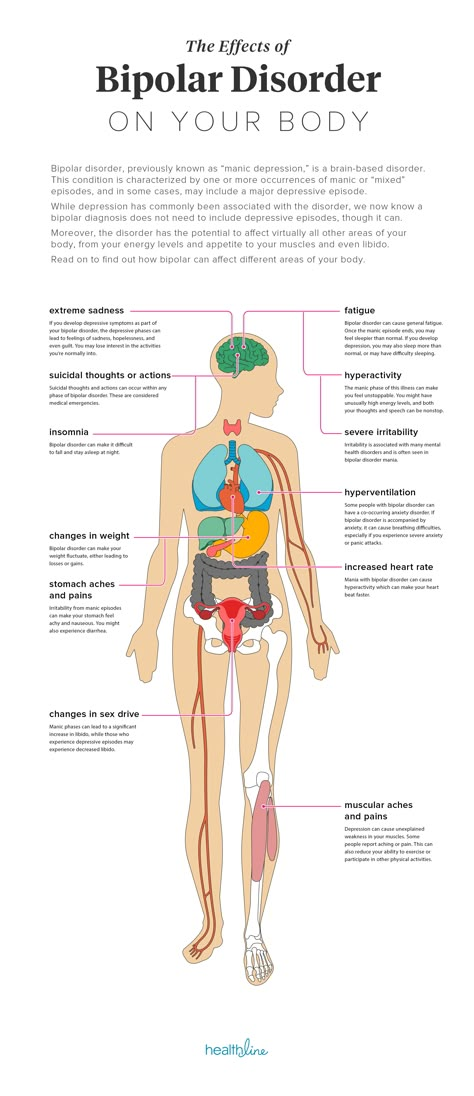 Episodes of mood swings may occur infrequently or several times a year.
Episodes of mood swings may occur infrequently or several times a year.
When you become depressed, you may feel sad or hopeless and lose interest or pleasure in most activities. When the mood shifts to mania or hypomania (less extreme than mania), you may feel euphoric, full of energy or unusually irritable. These mood swings can affect sleep, energy, alertness, judgment, behavior, and the ability to think clearly.
Although bipolar disorder is a lifelong condition, you can manage your mood swings and other symptoms by following a treatment plan. In most cases, bipolar disorder is treated with medication and psychological counseling (psychotherapy).
Symptoms
There are several types of bipolar and related disorders. They may include mania, hypomania, and depression. The symptoms can lead to unpredictable changes in mood and behavior, leading to significant stress and difficulty in life.
- Bipolar disorder I.
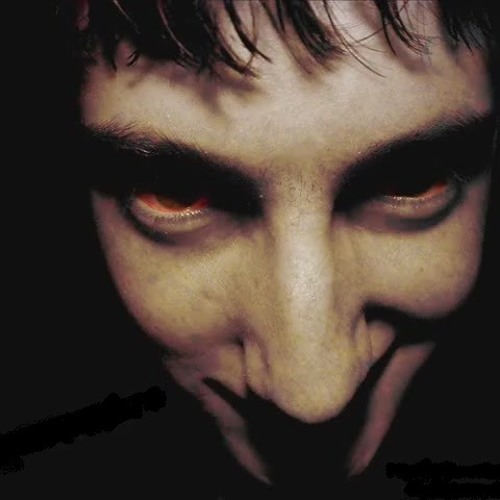 You have had at least one manic episode, which may be preceded or accompanied by hypomanic or major depressive episodes. In some cases, mania can cause a break with reality (psychosis).
You have had at least one manic episode, which may be preceded or accompanied by hypomanic or major depressive episodes. In some cases, mania can cause a break with reality (psychosis). - Bipolar disorder II. You have had at least one major depressive episode and at least one hypomanic episode, but never had a manic episode.
- Cyclothymic disorder. You have had at least two years - or one year in children and adolescents - many periods of hypomanic symptoms and periods of depressive symptoms (though less severe than major depression).
- Other types. These include, for example, bipolar and related disorders caused by certain drugs or alcohol or due to health conditions such as Cushing's disease, multiple sclerosis or stroke.
Bipolar II is not a milder form of Bipolar I but is a separate diagnosis. Although bipolar I manic episodes can be severe and dangerous, people with bipolar II can be depressed for longer periods of time, which can cause significant impairment.
Although bipolar disorder can occur at any age, it is usually diagnosed in adolescence or early twenties. Symptoms can vary from person to person, and symptoms can change over time.
Mania and hypomania
Mania and hypomania are two different types of episodes, but they share the same symptoms. Mania is more pronounced than hypomania and causes more noticeable problems at work, school, and social activities, as well as relationship difficulties. Mania can also cause a break with reality (psychosis) and require hospitalization.
Both a manic and a hypomanic episode include three or more of these symptoms:
- Abnormally optimistic or nervous
- Increased activity, energy or excitement
- Exaggerated sense of well-being and self-confidence (euphoria)
- Reduced need for sleep
- Unusual talkativeness
- Distractibility
- Poor decision-making - such as in speculation, in sexual encounters, or in irrational investments
Major depressive episode
Major depressive episode includes symptoms that are severe enough to cause noticeable difficulty in daily activities such as work, school, social activities, or relationships.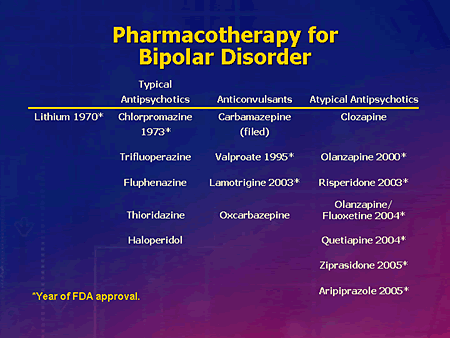 Episode includes five or more of these symptoms:
Episode includes five or more of these symptoms:
- Depressed mood, such as feeling sad, empty, hopeless, or tearful (in children and adolescents, depressed mood may present as irritability)
- Marked loss of interest or feeling of displeasure in all (or nearly all) activities
- Significant weight loss with no diet, weight gain, or decreased or increased appetite (in children, failure to gain weight as expected may be a sign of depression)
- Either insomnia or sleeping too much
- Either anxiety or slow behavior
- Fatigue or loss of energy
- Feelings of worthlessness or excessive or inappropriate guilt
- Decreased ability to think or concentrate, or indecisiveness
- Thinking, planning or attempting suicide
Other features of bipolar disorder
Signs and symptoms of bipolar I and bipolar II disorder may include other signs such as anxiety disorder, melancholia, psychosis, or others.